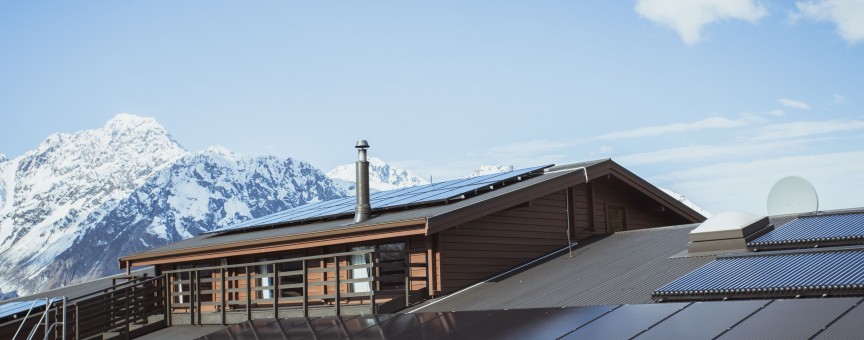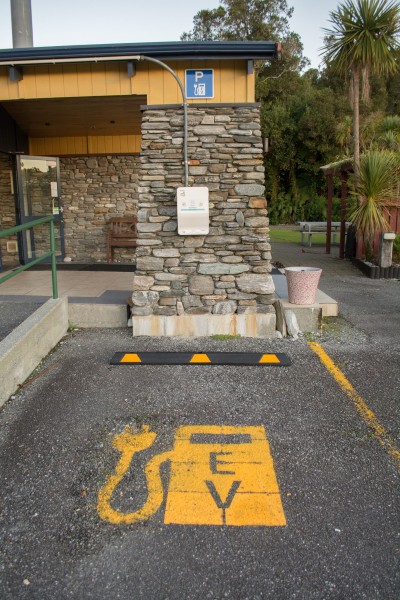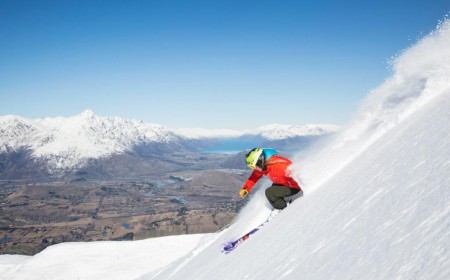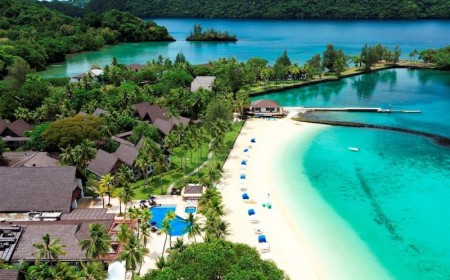YHA reconfirms carboNZero certification
YHA New Zealand has reconfirmed its carboNZero certification by celebrating a 21% reduction in carbon emissions since 2016.
The not-for-profit was the world’s first accommodation network to become carboNZero certified, and with thirteen properties, remains the largest. To remain certified, YHA’s managed hostels and National Office must reduce greenhouse gas emissions by 5% per year.
The organisation has beaten this target for the third straight year, slashing greenhouse gas emissions by almost 8% from 2018 to 2019.
Enviro-Mark Solutions audit and verify measurements annually as part of YHA’s status as a carboNZero certified organisation. Since becoming certified in 2016 YHA has reduced its emissions by 195 tonnes CO2 equivalent. That’s the equivalent of 34 homes’ electricity usage for a whole year.
As well as reducing greenhouse gas emissions, YHA New Zealand offsets its remaining carbon emissions via an accredited carbon offset programme supporting the regrowth of natural forest on the Banks Peninsula.
This is important to YHA as Cora Wilding, YHA’s founder, established the first network of hostels in New Zealand on the peninsula.
YHA is committed to offsetting its carbon emissions through native tree planting and habitat restoration. Its emissions have been offset through Hinewai Reserve behind Akaroa and Waipuna Bush above Little River.
Most greenhouse gas emissions come from gas and electricity usage, which is why YHA continues to invest in solar and geothermal energy. Replacing lights with LEDs, new solar installations, double-glazing and insulation upgrades all help shrink hostels’ carbon footprint.
The new YHA Lake Tekapo, a state-of-the-art 128-bed development which opened in April 2019, is fitted with photovoltaic panels and a solar hot water heating system.
Sustainability lies at the heart of YHA’s mission.
“Our approach has always been to build in sustainability from the ground up. If we can do it in an extremely price-sensitive, lowmargin operating environment, we really believe everyone should be able to do it,” says YHA General Manager Marketing and Sales, Brian Westwood.






